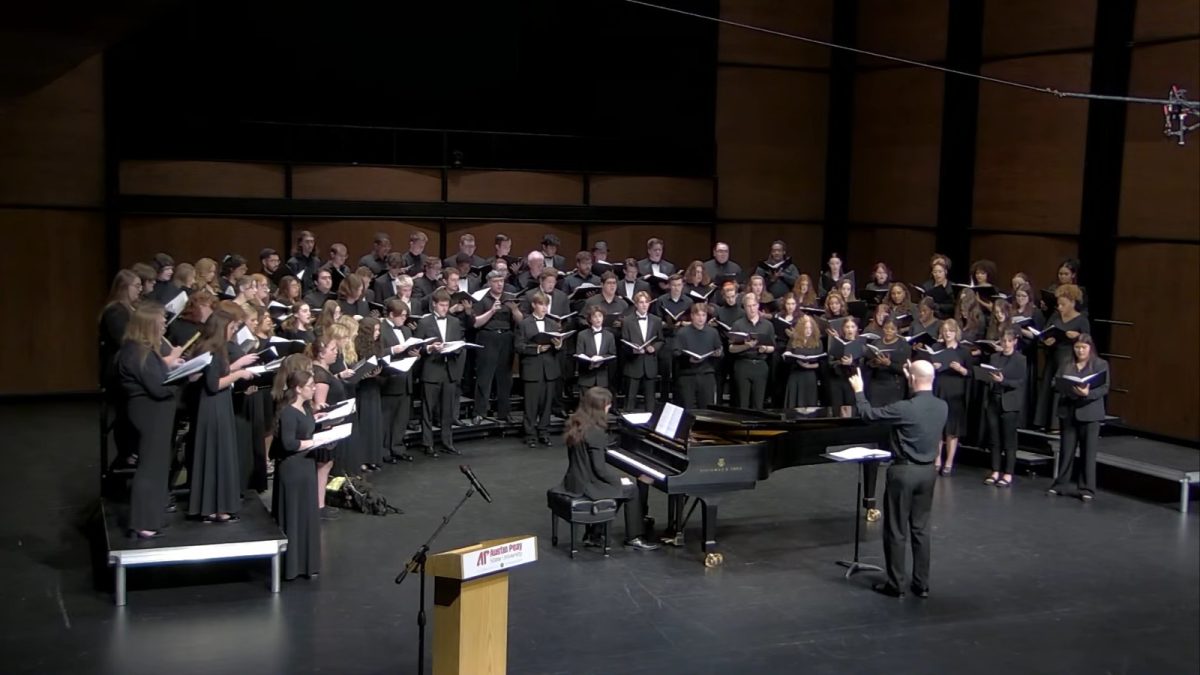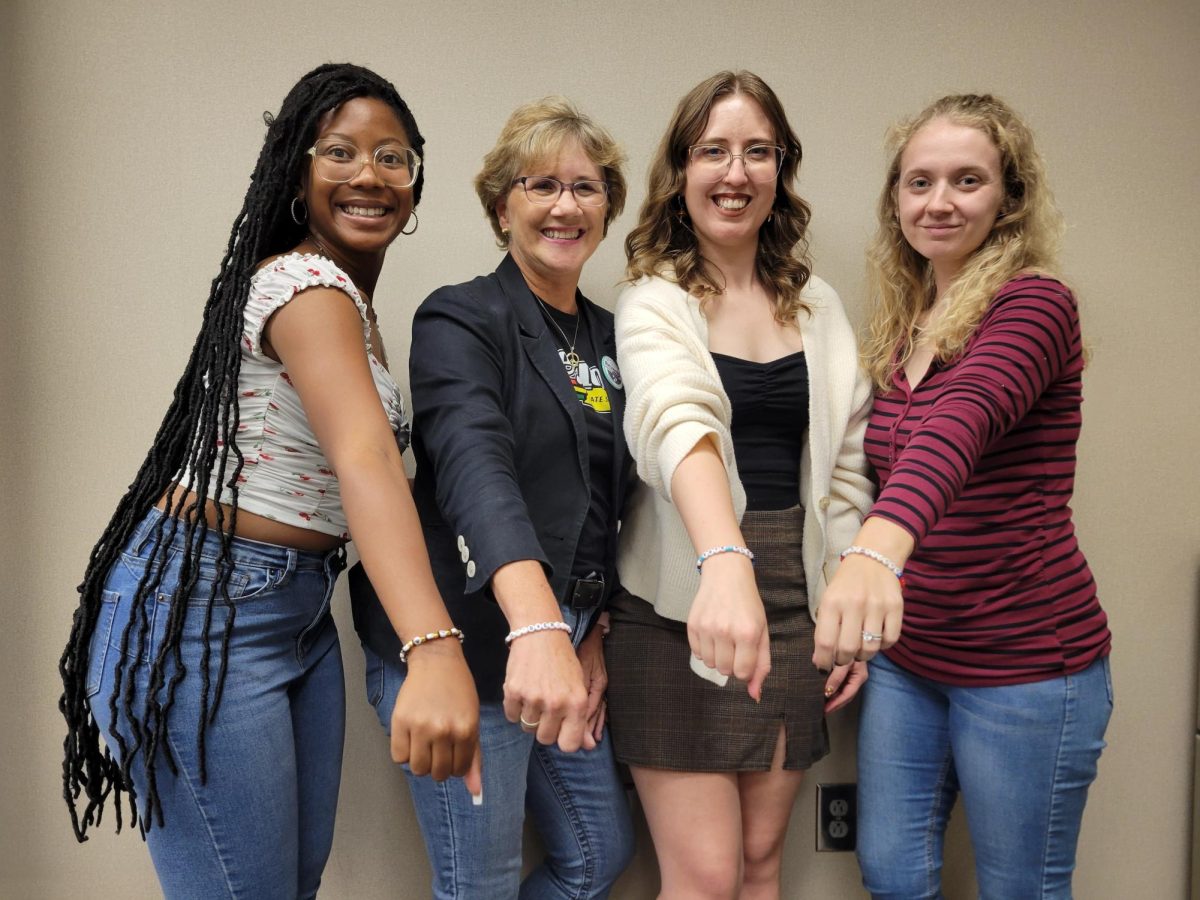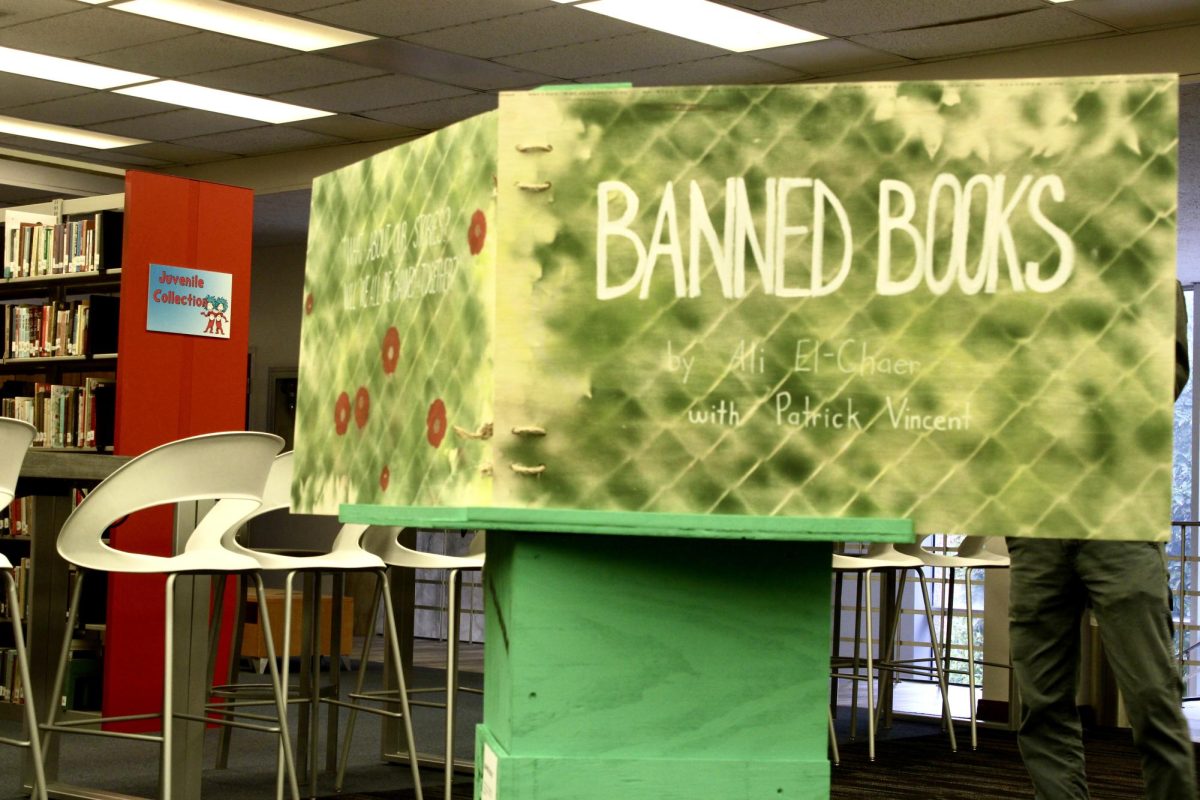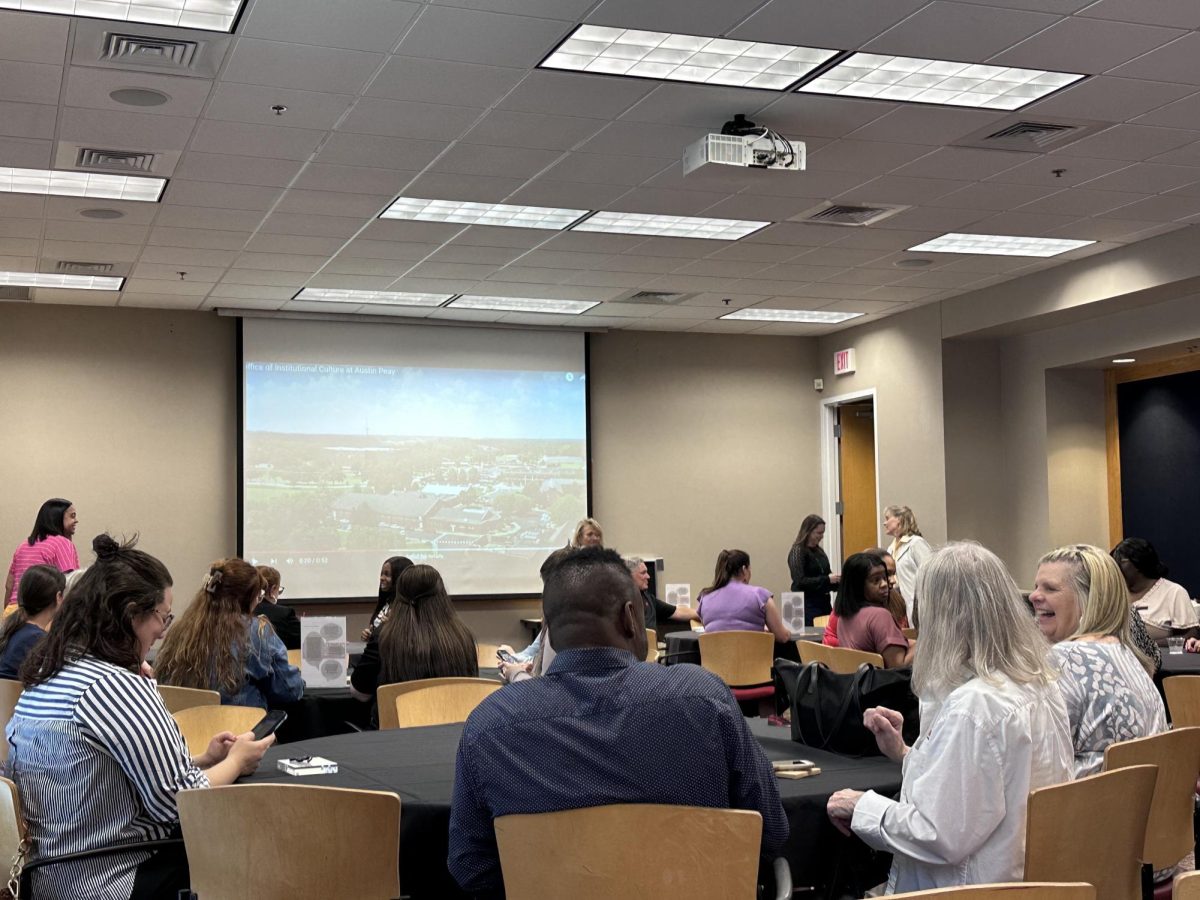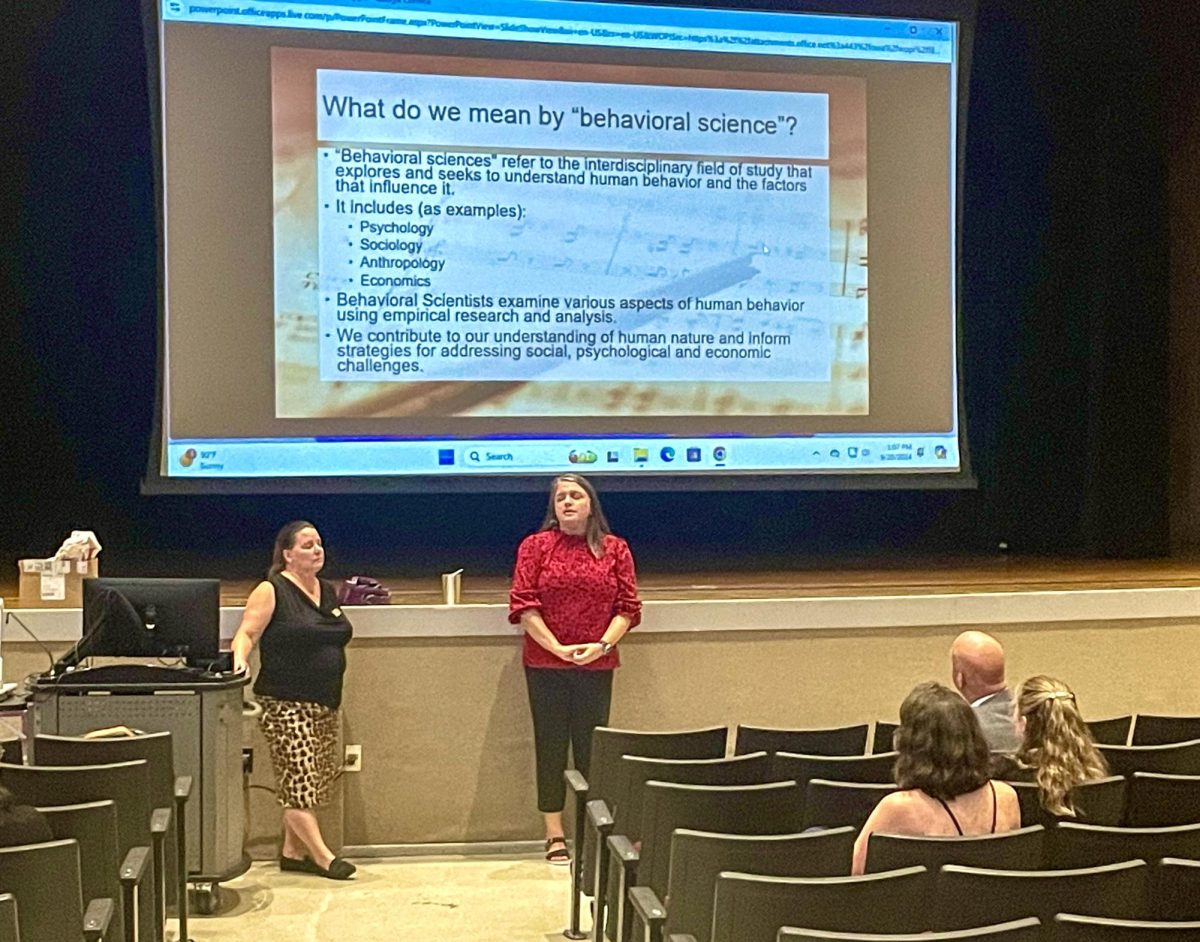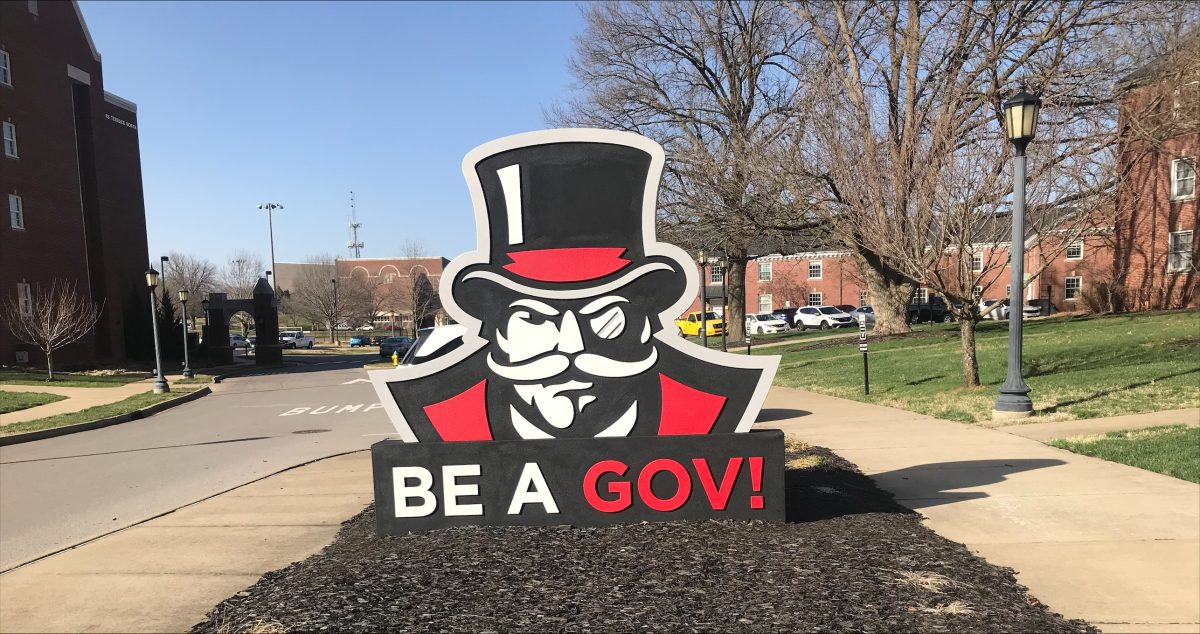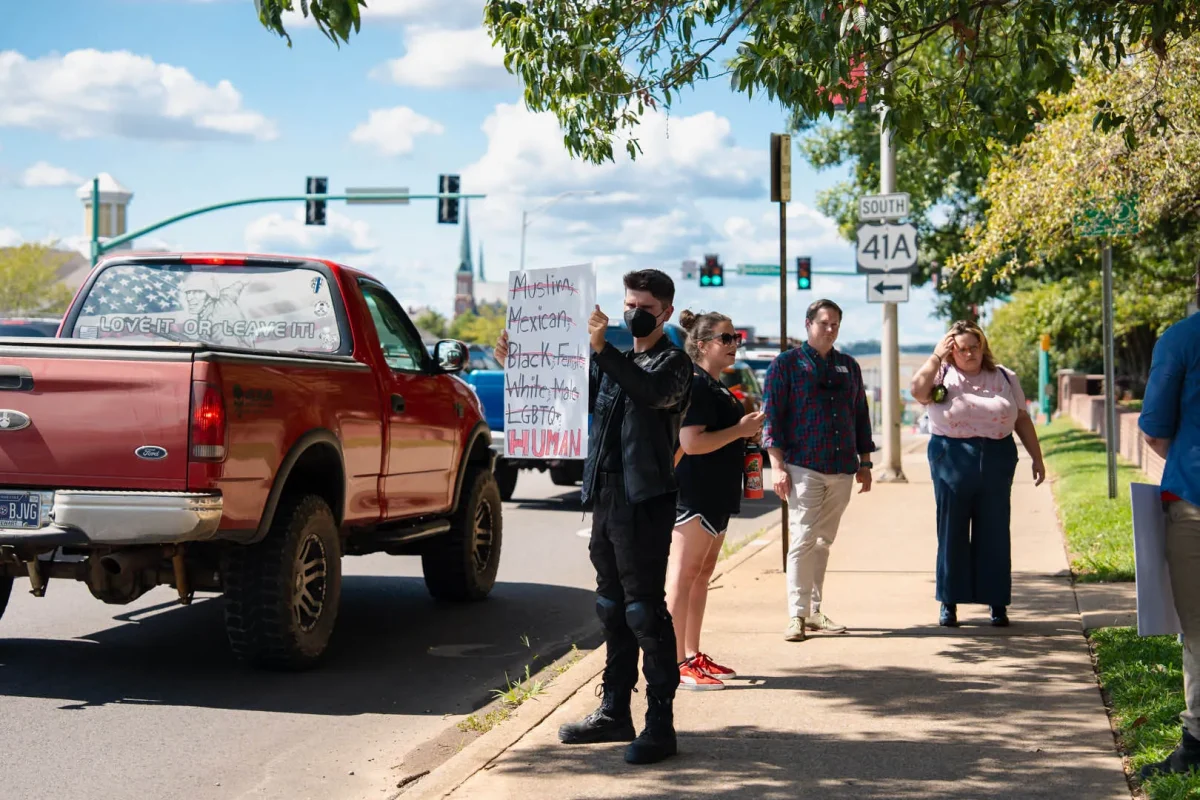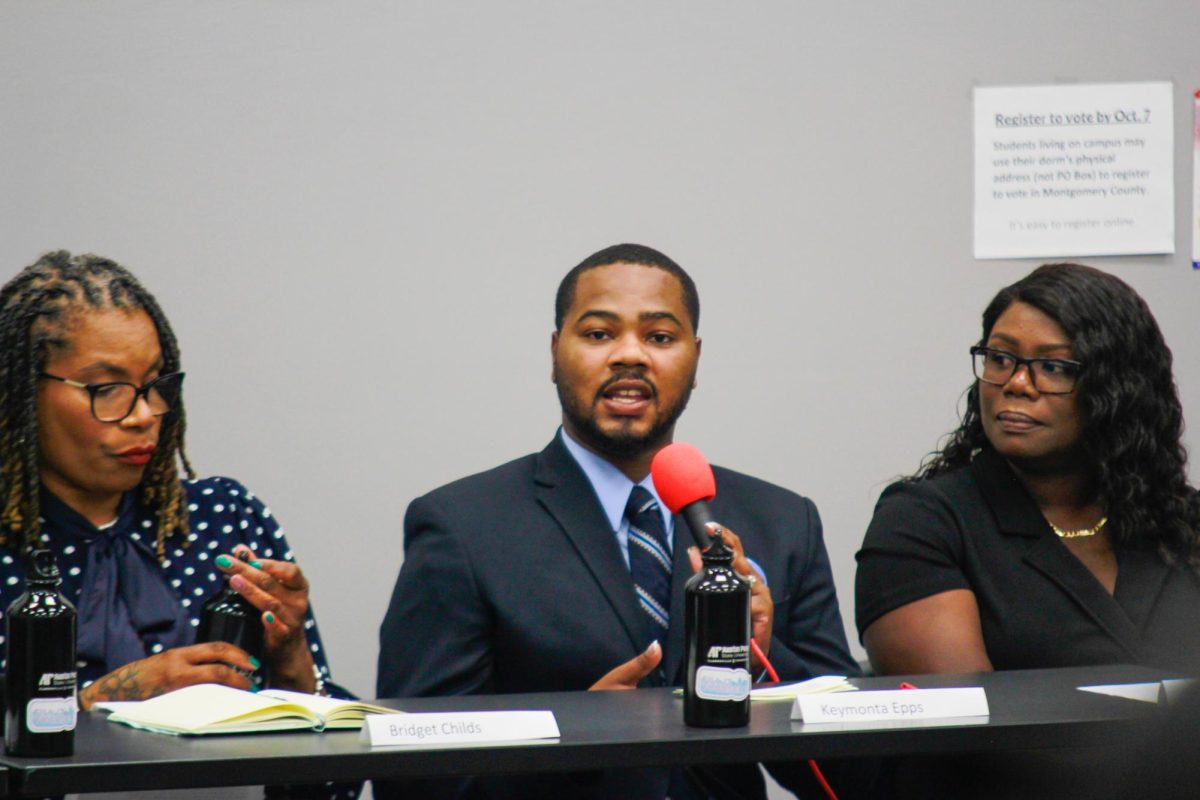ADAM BEAM
Associated Press
Facing unprecedented warnings of a “rigged” election from Donald Trump, state officials around the country are rushing to reassure the public, and some are taking subtle steps to boost security at polling places because of the passions whipped up by the race.
“This election the environment is unlike any before,” South Carolina Election Commission spokesman Chris Whitmire said.
Some states are trying to coordinate with local law enforcement to tighten security without making a heavy-handed — and potentially illegal — show of force. And some schools that double as polling places have canceled classes on Election Day for fear of agitated voters and demonstrators in school hallways.
Over the weekend, a firebombing heavily damaged a local Republican Party office in North Carolina. No injuries were reported. And after a bomb threat at the Arizona GOP headquarters on Monday, the state party said it will probably hire security guards.
As Trump’s poll numbers have dropped amid accusations from multiple women that he groped them without consent, the Republican nominee has warned that the election is about to be stolen from him on Nov. 8 by backers of Democrat Hillary Clinton.
Trump has called on people to act as “election observers” in certain areas of the country to help prevent fraud — a move that has stirred fears of voter intimidation and confrontations at the polls.
In North Carolina, state election officials are coordinating with sheriffs to make sure law enforcement agencies know the location of each polling place on Election Day, in case they need to be called.
And in South Carolina, election officials have asked local law enforcement to increase patrols near voting locations while being careful not to oversaturate the area and intimidate voters.
Given the nation’s long history of intimidating black voters, especially in the South, local officials must tread carefully in stepping up security. In South Carolina, for example, authorities said that under state law, police are not allowed to enter polling places unless they are summoned by election officials.
“If it is not done correctly, not only can it intimidate voters, it can also be against the law,” said Adam Gitlin, counsel for the Brennan Center for Justice’s Democracy Program at the New York University School of Law. “Many states have laws that specifically provide that election officials are the ones who are in charge of keeping order.”
In Falmouth, Maine, local officials decided to call off classes at public schools that will be used as polling places on Election Day.
“Mr. Trump has a way to get people excited, I would say. It’s on both sides. I think everybody has seen it on TV enough to be concerned,” Falmouth Police Chief Ed Tolan said. “We don’t need those kinds of demonstrations with students on school grounds.”
In Washington, city election officials will meet with the federal Homeland Security Department to discuss security at polling places and will take extra measures if necessary, Board of Elections spokeswoman Tamara Robinson said.
Officials in a number of states said they are following standard security procedures for elections and not taking any special precautions beyond that.
“There is a reasonable level of paranoia,” said Ken Menzel, general counsel for the Illinois Board of Elections. “But I’m not hearing that the level of paranoia is much different from in previous years.”
In metropolitan Atlanta, the Cobb County Sheriff’s Office said that the Georgia Constitution requires the county sheriff to provide security at each polling place and that the department does that for every election.
Officials also sought to reassure the public that the election is secure against rigging.
Kentucky Secretary of State Alison Lundergan Grimes, a Democrat, said Trump’s comments were “dangerous and divisive.” In Tennessee, GOP Secretary of State Tre Hargett said the election will be “fair and honest.”
“Anything that causes people to have less confidence to vote, I frown upon. Regardless of what party that comes from,” he said.
In heavily Democratic Philadelphia, a city Trump singled out as a place to watch for fraud, elected leaders bristled at such allegations as an attempt to disrupt voting and discourage minorities from going to the polls.
“We will not tolerate any sort of foolishness on Election Day, and it’s even insulting to suggest that Philadelphians would,” said Democratic City Councilwoman Cindy Bass.



